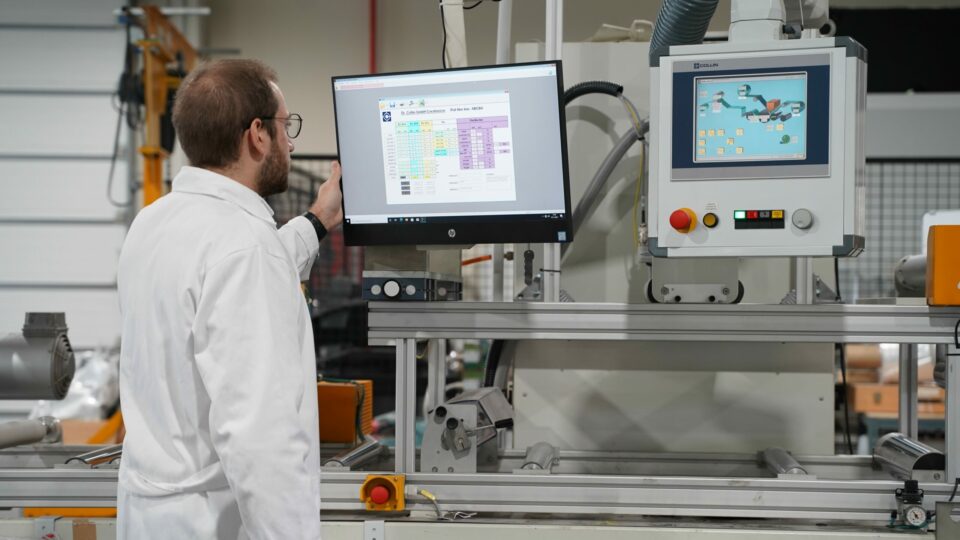ITENE, AITEX, AXIA, CTP, CEA and CENTI will show the capabilities and services of the open innovation platform of the European project BIONANOPOLYS.
“This is a unique opportunity for companies from all over the European Union to access the knowledge and technical capabilities that we offer together, and through a single access point, to accelerate the introduction of bio-based materials in the market”, highlights Carmen Sánchez, Technical Director of ITENE and coordinator of BIONANOPOLYS.
An European innovation platform, composed of 14 upgraded pilot plants and complementary services to support technological and commercial advances, has launched an open call to select five projects that will be able to access its services free of charge to develop, test or scale-up bionanomaterials.
This test bed, which consists in 14 pilot plants and complementary services offered in different European countries, takes part of the European project BIONANOPOLYS, funded by the Horizon 2020 programme. As coordinator of BIONANOPOLYS (2021-2024), ITENE research centre, specialized in packaging, organised the opening event of the call for new case studies on 17 February 2023.
“This is a unique opportunity for companies across the European Union to access the knowledge and technical capabilities that we offer together, and through a single point of access, to accelerate the introduction of bio-based materials to the market,” highlights Carmen Sanchez, Technical Director of ITENE and coordinator of BIONANOPOLYS, a project which gathers together 27 partners from 12 countries.
In this virtual event, the capabilities and services to be offered through the test bed will be presented by representatives of AITEX research center, also from Spain; the consultancy AXIA Innovation, based on Germany; Centre Technique du Papier (CTP) and Commissariat à l’Énergie Atomique et aux énergies alternatives (CEA) from France; and Centro de Nanotecnologia e Materiais Técnicos, Funcionais e Inteligentes (CENTI) from Portugal, which are part of the project consortium.
Specifically, this open innovation platform, which will operate through a Single-Entry Point (SEP), will be able to carry out new case studies during the implementation of the project. Innovative ideas submitted must be related to bionanomaterials. This test bed will also offer modelling and simulation activities, consultancy services such as innovation management, business models, compliance with regulations and standards, and technology transfer. The catalogue of all the services offered by Bionanopolys can be checked online.
Free services for developing or testing nanomaterials
At this event, the Bionanopolys open call are opened, and companies will be able to submit their applications until 30 April. Afterwards, an evaluation committee will score all the proposals received, following the criteria described in the applicant’s guidelines. From all the proposals received and following the scoring scale and with total transparency, a maximum of five projects from companies, univesities or specialised research centres will be selected, which will have free access, funded by the European Union through the project partners, and for a limited time to the BIONANOPOLYS test bed to develop bio-based materials or validate those produced internally.
In particular, five pilot plants will focus on the development of bionanomaterials from biomass, three pilot plants are dedicated to bionanocomposites and six plants will focus on the manufacture of bio-based nanoproducts to reach a wide range of applications in different sectors. All the 14 pilot plants are upgraded with new techniques, methods, etc., to be able to provide the bionanocomposites and nanomaterials.
The Bionanopolys test bed will benefit companies involved in the production of biopolymers, cellulose paper, nonwovens, foams and coatings, as well as the packaging, agriculture, food, cosmetics, pharmaceuticals, hygiene, textiles and 3D printing sectors.
In addition, the event will present the current scenario and business opportunities in the use of bio-based nanomaterials for various sectors, such as packaging, cosmetics, medicine, foams, coatings, 3D printing, textiles and cellulose paper.




